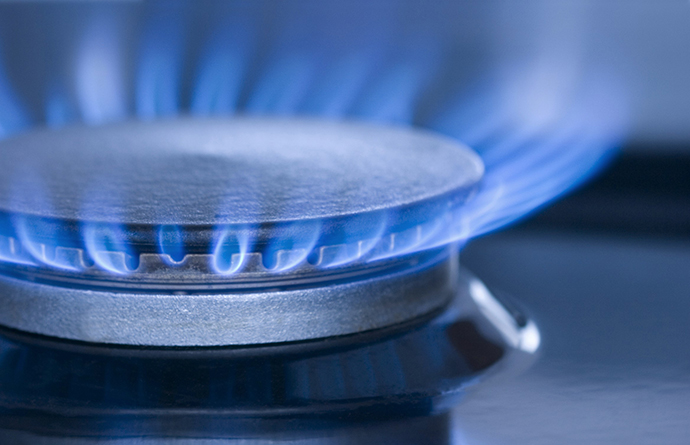This new regulation will improve public safety and give confidence to consumers that the installers are competent, insured and subject to inspection to ensure their work is undertaken to the required standards. There will be a cost associated with the introduction of the scheme like there is on the domestic regulatory scheme. However, such costs will be regulated by the CER.
According to the CER, the definition of non-domestic gas works is all works relating to natural gas and LPG installations in commercial and public access buildings at maximum operating pressures not exceeding 5 bar and industrial gas installations at maximum operating pressures not exceeding 0.5 bar, from the point of delivery up to and including the appliance(s) in non-domestic premises.
This includes all works related to the installation, removal, repair, servicing, maintenance or replacement (or any combination of the foregoing) of gas fittings covered by I.S. 8201. This definition was decided upon by the CER after public consultation and discussions with industry stakeholders. The CER also identified a number of exemptions from the definition of non-domestic gas works; these will be kept under continuous review when the regulatory scheme becomes operational.
The CER is to create four registration categories of installer in the non-domestic scheme for those working in the following areas:
– Gas pipework
– Heating appliances and boilers
– Catering and laundry
– Power generation
The next step will involve the CER engaging with the Department of Communications, Climate Action and Environment and publishing this information note to update stakeholders on the steps leading to the implementation of the non-domestic regulatory scheme. The CER will also provide an expected timeframe for the introduction of the scheme. A media plan to promote public and industry awareness of the new regulatory scheme will also be introduced in due course. The steps that have been, or will be, taken by the CER are as follows:
– The creation of a working group and subcommittees to engage with industry stakeholders on appropriate entry requirements and competency assessment;
– The development of a core training qualification, with separate modules for each installer category and a five-year assessment methodology;
– The development of an inspection and assessment program;
– The creation of a non-domestic gas works certification system;
– The extension of the CER’s remit to include regulation of non-domestic gas works by progressing the new regulation in consultation with the Department of Communications, Climate Action and Environment as required by Section 9(G) under the Electricity Regulation Act 1999, as amended.
UPDATED – 22 January 2021: The CER has now rebranded as CRU. For more information visit https://selectra.ie/energy/guides/energy-market/cer











